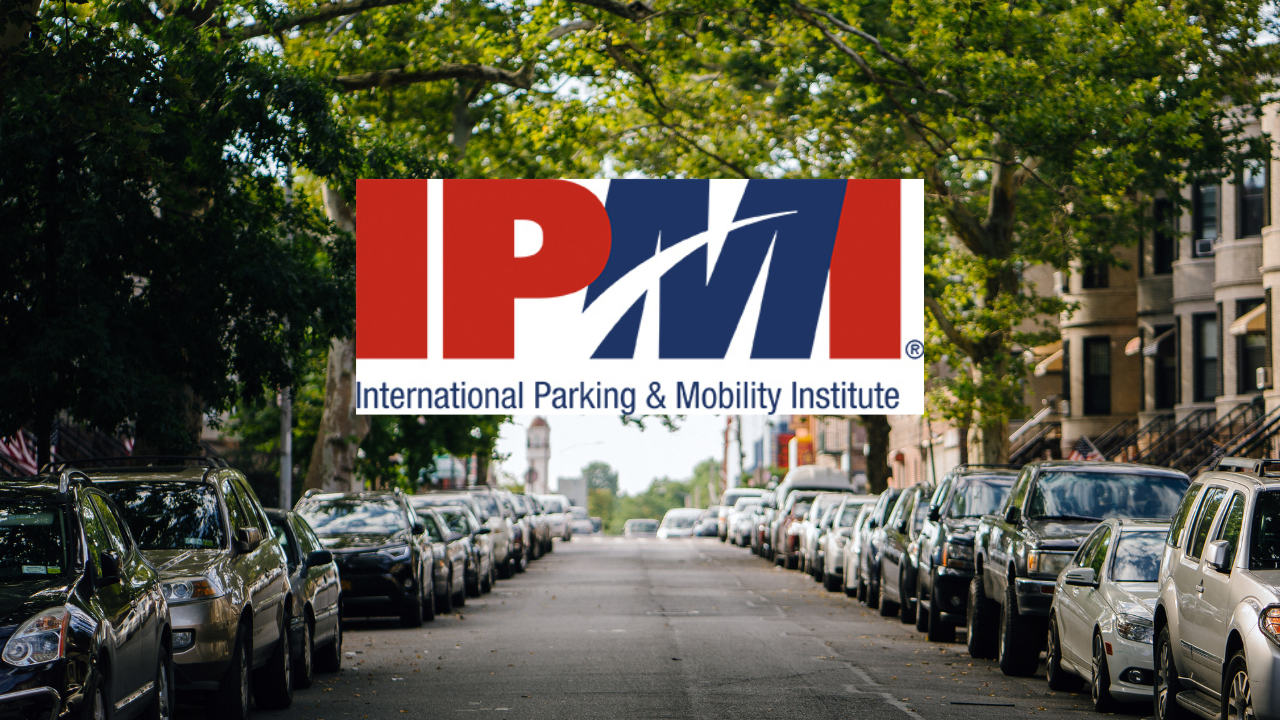Historically, parking and curbside management focused on maximizing revenue and tracking available spaces. Today, forward-thinking cities understand that effective parking solutions are integral to the social fabric, supporting a wide range of journeys and needs. Parking and curbside management now centers on people, mobility, and opportunity, not just vehicles.
Modern approaches tackle the distinct challenges faced by residents, visitors, and local businesses. By prioritizing parking and curbside solutions that are equitable, transparent, and informed by data, cities can advance upward mobility, drive economic growth, and enhance safety across public spaces.
Why Social Value and Equity Matter in Parking Solutions
Effective parking solutions go beyond enforcement and revenue generation. They support accessibility, dignity, and upward mobility for all residents. Whether it’s a caregiver arriving late at night, a parent navigating school runs, or a shift worker finishing after hours, equitable curbside management ensures that everyone can move safely and affordably through the city.
By embedding social value into parking management, cities foster trust and transform parking from a regulatory function into a cornerstone of community well-being. Inclusive curbside solutions recognize diverse needs such as age, ability, and circumstance, turning parking into a transparent public good rather than a source of frustration.
Addressing Challenges in Parking and Curbside Management
Many cities still treat parking as a siloed function, missing its role in the broader mobility ecosystem. Common challenges include:
- Limited curbside accessibility: Not all neighborhoods have equal access to parking, especially for those with mobility challenges.
- Outdated payment systems: Excluding residents who lack smartphones or bank accounts undermines the inclusivity of parking solutions.
- Enforcement that feels punitive: When parking enforcement is perceived as punishment, it erodes public trust and discourages compliance.
- Lack of integrated curbside management: Without unified data, cities cannot optimize parking allocation or measure the impact of their policies.
Data-driven approaches are essential for setting fair rates, improving access, and deploying enforcement resources equitably.
Strategies for Fair and Inclusive Parking Management
Building equity starts with empathy and design thinking. Cities must listen to how people use the curbside system and how it makes them feel. Practical steps include:
- Leverage curbside data: Use advanced analytics to set fair hourly rates, identify gaps in accessibility, monitor usage patterns, and guide policy adjustments that improve access for all.
- Design for universal access: Ensure that parking bays, signage, and payment systems are inclusive, serving people with disabilities, limited mobility, or financial constraints, while adapting policies to enhance access and fairness.
- Promote flexible and inclusive payment options: Offer cashless, card-free, and mobile systems while maintaining alternatives for those without digital access to ensure everyone can participate equitably.
- Reinvest parking revenue for community benefit: Direct funds toward projects that reduce social harm, such as safer streets, improved pedestrian infrastructure, and expanded green spaces, to strengthen the connection between parking policy and public good.
- Humanize and rebalance enforcement: Rethink how enforcement resources are deployed to focus on support rather than punishment. Train parking officers to recognize vulnerability, apply fines proportionate to social harm, and make hearings accessible and fair for everyone.
Small changes, such as clearer notices, better outreach, and aligning enforcement with real harm can make parking management more consistent, supportive, and fair.
Real-World Impact: The Power of Data-Driven Curbside Management
Cities that embrace these principles see tangible benefits. For example, integrating curbside management with public transport planning can reduce congestion and improve air quality. Providing flexible payment options such as cashless and card-free systems ensures no one is excluded. And when enforcement officers are trained to recognize vulnerability, interactions become supportive rather than adversarial.
These changes don’t just improve parking. They strengthen community trust and contribute to broader sustainability and equity goals.
How Trellint Can Help
Trellint brings together people, data, and on-the-ground experience to help cities make parking work better for everyone. We help communities understand what’s happening at the curb today, where residents face barriers, and where changes will have the greatest impact.
Our work ranges from improving notice clarity, to helping cities make enforcement more consistent and meaningful, to supporting safer conditions for frontline staff. At every step, we emphasize fairness, communication, and outcomes because parking should support people, not get in their way.
Whether it’s reducing the burden of enforcement on disadvantaged motorists in Chicago, helping LA reexamine its parking fines, redesigning notices to improve communication in Oakland, or realigning enforcement shifts in Indianapolis, Trellint puts people at the center of curb policy to ensure parking works better for everyone.
Ready to revolutionize your city’s parking and curbside strategy? Discover how Trellint can help you build parking solutions that deliver real social value, foster equity, and create vibrant, inclusive communities.





-1.jpeg)